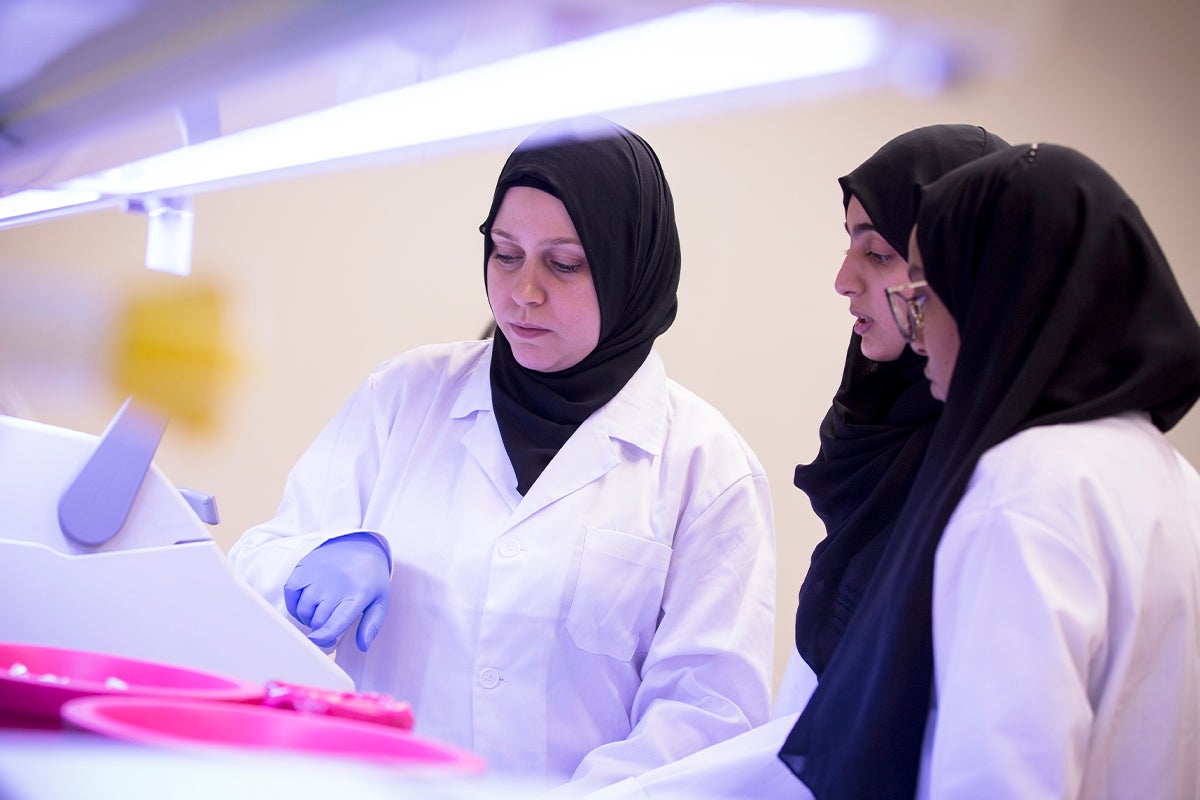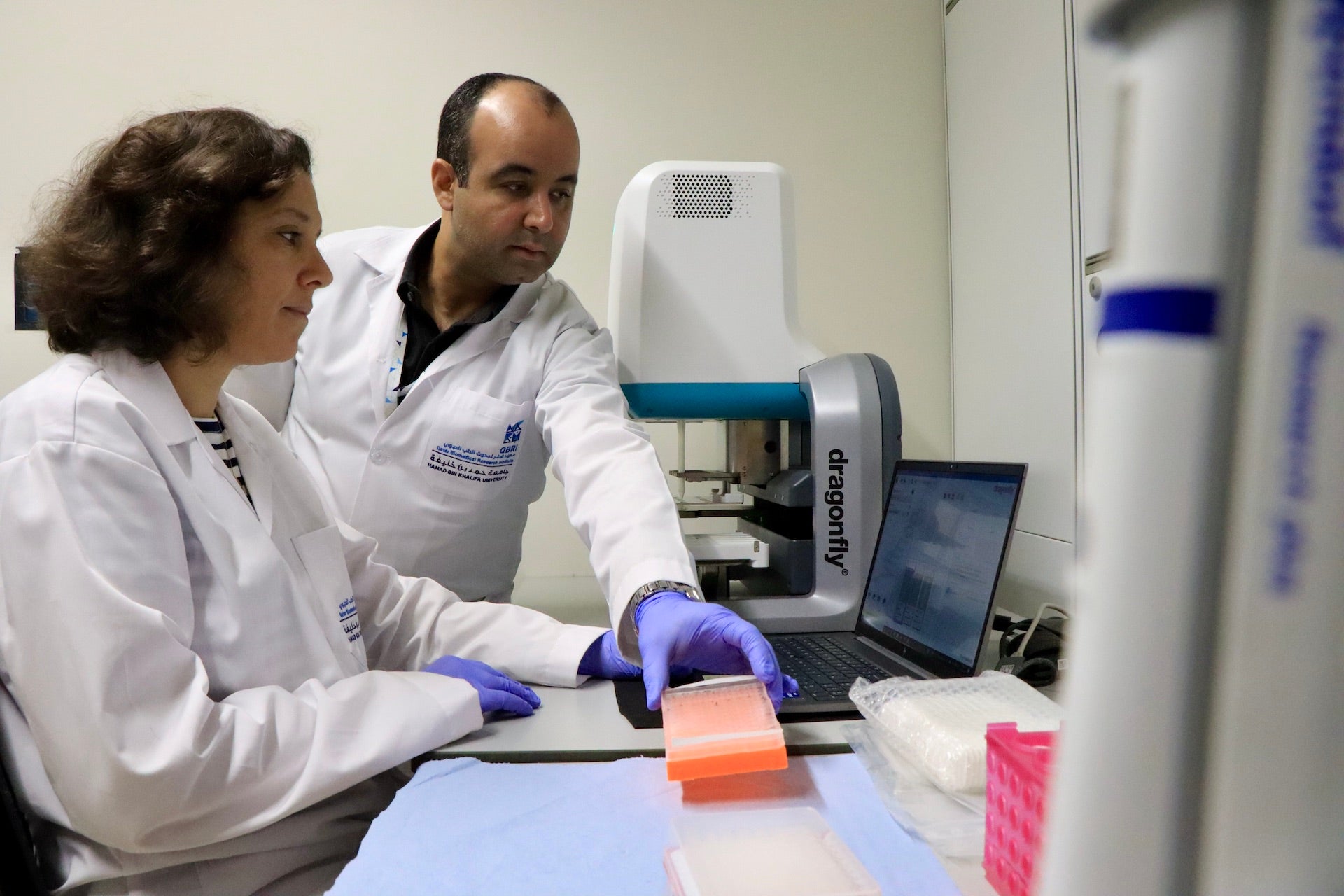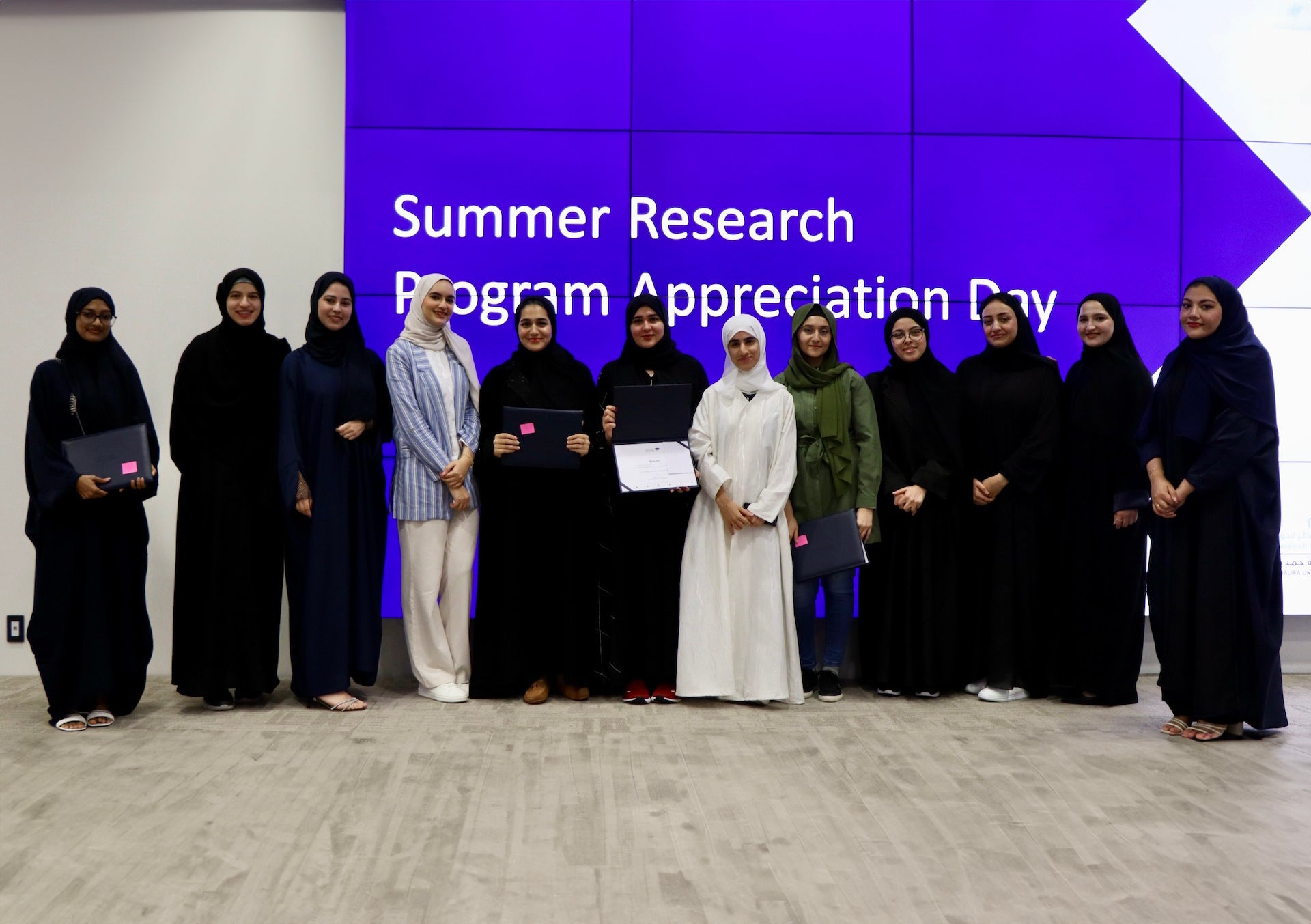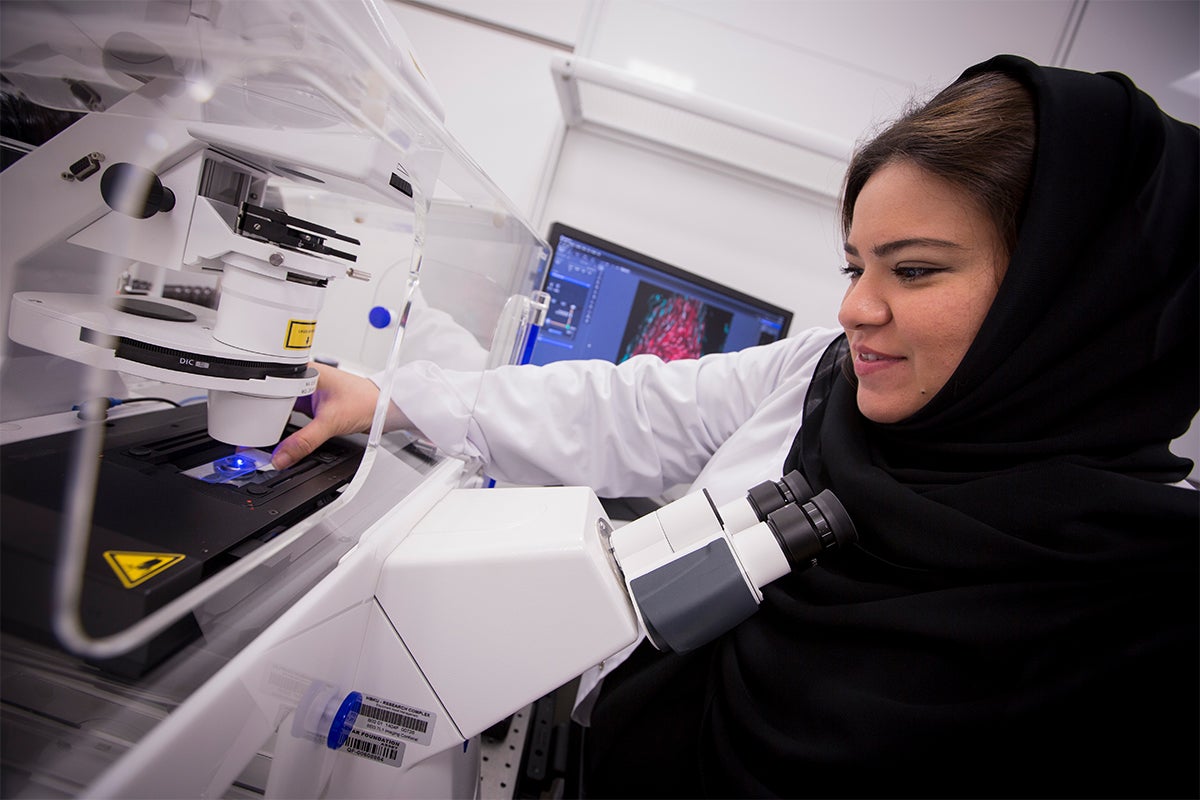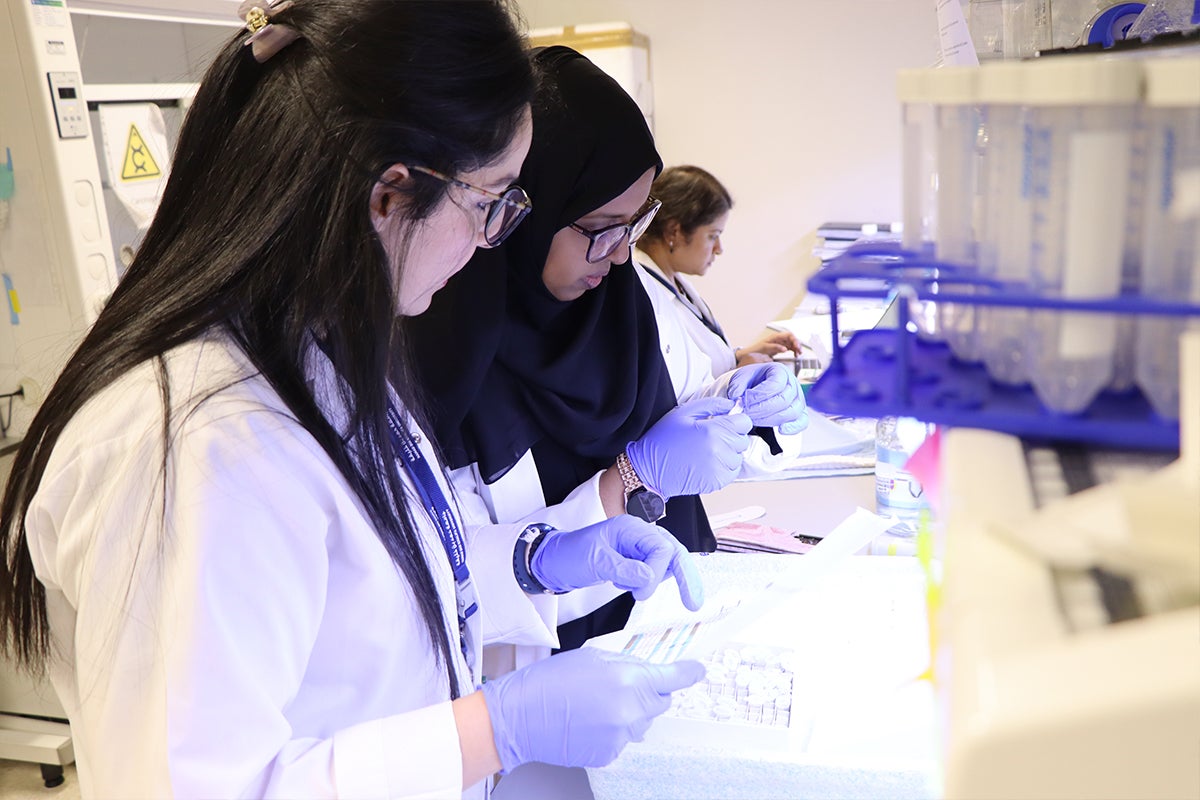By Dr. Essam M. Abdelalim

On June 28, 2023, the US Food and Drug Administration (FDA) granted approval for CellTrans' innovative pancreatic islet cell therapy, donislecel (Lantidra), as a treatment option for type 1 diabetes. This therapy utilizes donor-derived pancreatic islet cells to replace the insulin-producing cells that are destroyed by the immune system in type 1 diabetic patients. Previously, pancreatic islet cells could be extracted from deceased donors and infused into patients, however it was only available as an experimental treatment in some countries. With the FDA's approval of CellTrans' Lantidra, this therapy is now a recognized and authorized option. Its primary goal is to alleviate patients from the ongoing burden of managing the disease by monitoring blood glucose levels, restoring insulin production, and providing sustained release of insulin.
How Lantidra (donislecel) works
Lantidra involves a single infusion that introduces donor pancreatic islet cells into the liver's primary vein (portal vein). To ensure the survival of the transplanted islet cells, the administration of immunosuppressive medications is required. Once inside the liver, these newly infused islet cells start secreting insulin. Depending on the patient's response, an extra infusion may be administered. If the infused cells generate a sufficient amount of insulin, they can effectively regulate blood glucose levels without the necessity of additional insulin injections.
Who is eligible for treatment?
The approval for Lantidra is limited to adult individuals with type 1 diabetes who, despite intensive disease management and education, experience recurrent episodes of severe hypoglycemia (low blood sugar) and are unable to achieve their target blood glucose levels. This condition is considered extremely rare, impacting three individuals out of every 1,000 people with type 1 diabetes.
Type 1 diabetes is a chronic autoimmune disorder where the immune system mistakenly attacks the insulin-producing cells in the pancreas. Insulin is essential for controlling blood sugar levels by enabling the transfer of glucose from the blood to cells for energy. Those with type 1 diabetes must diligently monitor their blood sugar levels and administer insulin as needed to maintain a safe blood sugar range. However, some individuals face the challenge of hypoglycemia unawareness, a condition characterized by the inability to detect decreasing blood glucose levels. This condition can lead to severe hypoglycemia and difficulties in achieving target glucose levels.
Efficacy and side effects
The approval of Lantidra was based on data from two clinical trials involving a total of 30 participants with type 1 diabetes and hypoglycemic unawareness. The results showed that a significant percentage of participants experienced prolonged periods without needing insulin after the infusion. Specifically, 70% of participants did not require insulin for at least one year, 40% did not need insulin for 1-5 years, and 30% did not require insulin for over 5 years. However, experts have expressed concerns about the small size of the approval trials, the absence of control groups, and the high risks associated with permanent immunosuppression. Additionally, there has been a debate about the potential number of patients who would benefit from this therapy considering the advancements in automated insulin delivery technologies.
Despite the promising outcomes, there were some notable side effects associated with the treatment. Commonly reported side effects included nausea, fatigue, anemia, diarrhea, and abdominal pain. Furthermore, most participants experienced at least one serious side effect related to the infusion and the immunosuppressive regimen. In some cases, severe adverse reactions required the discontinuation of immunosuppressive medications, leading to the loss of transplanted islet cells and the loss of independence from insulin.These unfavorable events need to be taken into account when evaluating the advantages and potential drawbacks of Lantidra for individual patients.
Promising advances in stem cell therapy
The field of stem cell therapy for type 1 diabetes has been marked by remarkable advancements, offering promising solutions to address the challenges of this chronic condition. In addition to CellTrans' donislecel, there is a growing interest in the development of standardized and scalable cell therapy options for type 1 diabetes using stem cells. Vertex Pharmaceuticals’ VX-880, an allogeneic stem cell-derived islet cell therapy, has shown promising results in early trials, with notable improvements in blood sugar control and a potential reduction in the need for insulin injections or infusion pumps. While requiring immunosuppressive drugs, VX-880 offers a standardized and scalable treatment option. Another therapy, VX-264, is currently undergoing phase I/II trials and stands out for its unique characteristic of not requiring immunosuppressive therapy. By encapsulating stem cell-derived islet cells, VX-264 provides protection against the immune system.
Furthermore, the recent acquisition of Sigilon Therapeutics by Eli Lilly (an American pharmaceutical company), including their SIG-002 therapy using encapsulated induced pluripotent stem cells (iPSC)-derived islet cells, represents a significant stride towards future therapies. Although still in preclinical stage, these advancements hold great promise for the treatment of type 1 diabetes.
Dr. Essam M. Abdelalim is a senior scientist at the Qatar Biomedical Research Institute (QBRI) and an assistant professor at the College of Science and Engineering (CSE) and the College of Health and Life Sciences (CHLS).







